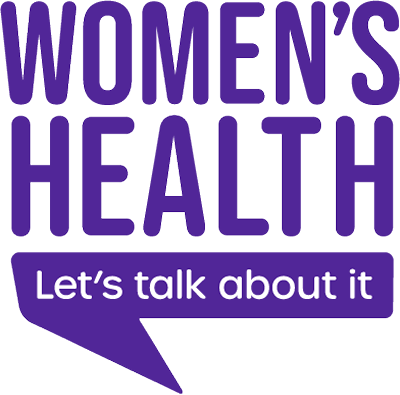London, (Parliament Politics Magazine) – Launch of Women’s Health Strategy is welcome, says former Health Minister Caroline Dinenage MP and a culmination of years of work
Our health and care system should work for everyone – but with 51 per cent of the population facing disadvantages in accessing the care they need based on their sex, my colleagues and I have been calling on the Government to bring forward a series of proposals aimed at addressing these inequalities.
Indeed, I championed this issue when I was a health minister and launched the programme of work on how we could tackle the gender health gap.
So, I was delighted that in late July, just before recess the Government finally announced the first Women’s Health Strategy.
This is a landmark moment in addressing entrenched inequalities and improving the health and wellbeing of women across the country. It builds on the Vision for Women’s Health – including encouraging the expansion of Women’s Health Hubs around the country, introducing pregnancy loss certificates, providing £10 million for breast screening programmes, improving access to IVF treatment for female same-sex couples, and ensuring all doctors are trained to provide the best care for women.
Importantly this Strategy will remove additional barriers such as improving transparency on provision and availability of IVF so prospective parents can see how their local area performs to tackle the ‘postcode lottery’ in access to treatment. Something I had previously raised with former Health Secretary, Rt Hon Sajid Javid MP.
As I told the Secretary of State for Health and Social Care, Steve Barclay in the House of Commons, I had met with his predecessor as my constituency of Gosport is one of the areas most severely affected by this postcode inequity. A fact he acknowledged saying that there are some real health inequalities, not just for women, but between women in terms of the services that are provided. He went further saying that in particular, there were problems reaching those women we might describe as vulnerable and or the most hard to reach.
It was welcome that the Government didn’t make the mistake thinking this problem could be solved with additional money, because without reforming the structures, training and awareness, additional resources would deliver real improvements. This is why I am pleased the Government has committed to the roll out of Women’s Health Hubs and making sure that Integrated Care Systems have a focus on place, and have a focus on the needs of the local community.
It was also good to see the Department understanding that this is not the end of the process of reform, because there are other problems which were not addressed in the Strategy and will require further work.
Why has there been a reported 42 per cent real terms fall in contraception spending since 2015?
This is really important because for every £1 spent on these services, we save £9 on other public health spending.
To be fair, the Secretary of State for Health and Social Care, acknowledged this during the debate. Telling Parliament: “First of all I am very grateful for the work that she did as Health Minister in championing this agenda. She is right to highlight the issue of contraception, often there is difficulty to access that. It was very much at the heart of the responses we had on the fragmented services that many women experience.”
He continued: “She will be aware that a key part of our approach is with health and wellbeing funds and working with the voluntary sector for support for example on areas such as pregnancy loss.
“But a key part of this, and the visibility of the Women’s Health Strategy putting that under for in terms of a Women’s Health Ambassador is as part of the conversations as she says with the Integrated Care Systems and to ensure that this gets greater prioritisation within the Commissioning. A key part of securing that is to have the data to demonstrate both the importance of it and the benefits of it.”
As someone who has championed the Women’s Health Strategy for a long time, I welcome the Minister’s commitment to ending health inequality and I look forward to seeing the improvements this strategy will make to women’s healthcare, not least in places like Gosport, where too many women are still unable to access IVF treatment through no other fault than where they live.
ENDS
Dame Caroline Dinenage is the MP for Gosport and was the Health Minster between 2018-2020.


